
Post by : Meena Rani
Germany’s Transport Minister, Patrick Schnieder, has announced a major initiative aimed at giving Deutsche Bahn (DB), the country’s national railway operator, a “new start.” The plan focuses on restructuring the organization to improve efficiency, optimize operations, and deliver better services to passengers and freight customers. This marks one of the most significant reform efforts for DB in recent years, reflecting the government’s intention to address longstanding operational challenges.
One of the central elements of the restructuring involves the abolition of DB Regio as a separate subsidiary. The functions of DB Regio, which currently manages regional passenger services, will be integrated more closely with the parent company. This change is intended to streamline operations, reduce bureaucracy, and foster closer alignment across DB’s divisions. By simplifying the organizational structure, the government aims to ensure faster decision-making and more coordinated management of DB’s extensive rail network.
The Ministry has mandated that DB present a comprehensive concept for the new structure by the end of the first quarter of 2026. This plan is expected to outline not only organizational changes but also strategies for improving service delivery, operational efficiency, and financial performance. It will also provide a roadmap for modernizing DB’s management practices and positioning the company for future growth.
The announcement also comes at a pivotal moment for DB’s leadership. Current CEO Richard Lutz will step down before the end of his term, prompting a search for a new chief executive who can lead the company through this transformation. The new leadership is expected to play a critical role in driving the reforms and ensuring that DB meets the evolving demands of Germany’s transportation infrastructure. Analysts suggest that strong, visionary leadership will be key to successfully implementing the ambitious restructuring plan.
These reforms are part of a broader government effort to modernize Germany’s public transport system and promote sustainable mobility. By improving efficiency and service quality, the initiative aims to make rail travel more attractive for commuters and freight operators alike. Stakeholders in the transport and railway sector, including regional governments, unions, and industry experts, are closely monitoring the developments, as the restructuring could have wide-ranging implications for employment, operations, and service delivery across the country.
Patrick Schnieder emphasized that the new start is not just about organizational change but also about future-proofing Deutsche Bahn. The ministry intends to ensure that the company is capable of meeting Germany’s climate goals by supporting the shift from road to rail transport, reducing emissions, and providing reliable, modern services for both passengers and businesses. The government hopes that these reforms will enable DB to fully leverage technological innovations, digitalization, and infrastructure investments to strengthen its competitive position.
Industry observers note that while restructuring a large public corporation like DB is complex, the current plan presents an opportunity to address long-standing inefficiencies and prepare the company for the next decade. With Germany’s increasing focus on sustainable transport and efficient logistics, the success of these reforms could serve as a benchmark for public rail systems across Europe.
In conclusion, the “new start” initiative represents a pivotal moment for Deutsche Bahn. By integrating divisions, appointing new leadership, and focusing on operational efficiency, Germany aims to modernize its national railway, improve service quality, and strengthen the role of rail transport in the country’s economic and environmental strategy. The coming months will be critical as DB outlines its detailed restructuring plan and prepares to implement these transformative changes.
Deutsche Bahn, German Railways, Transport Policy, Patrick Schnieder, Rail Reform, Public Transport
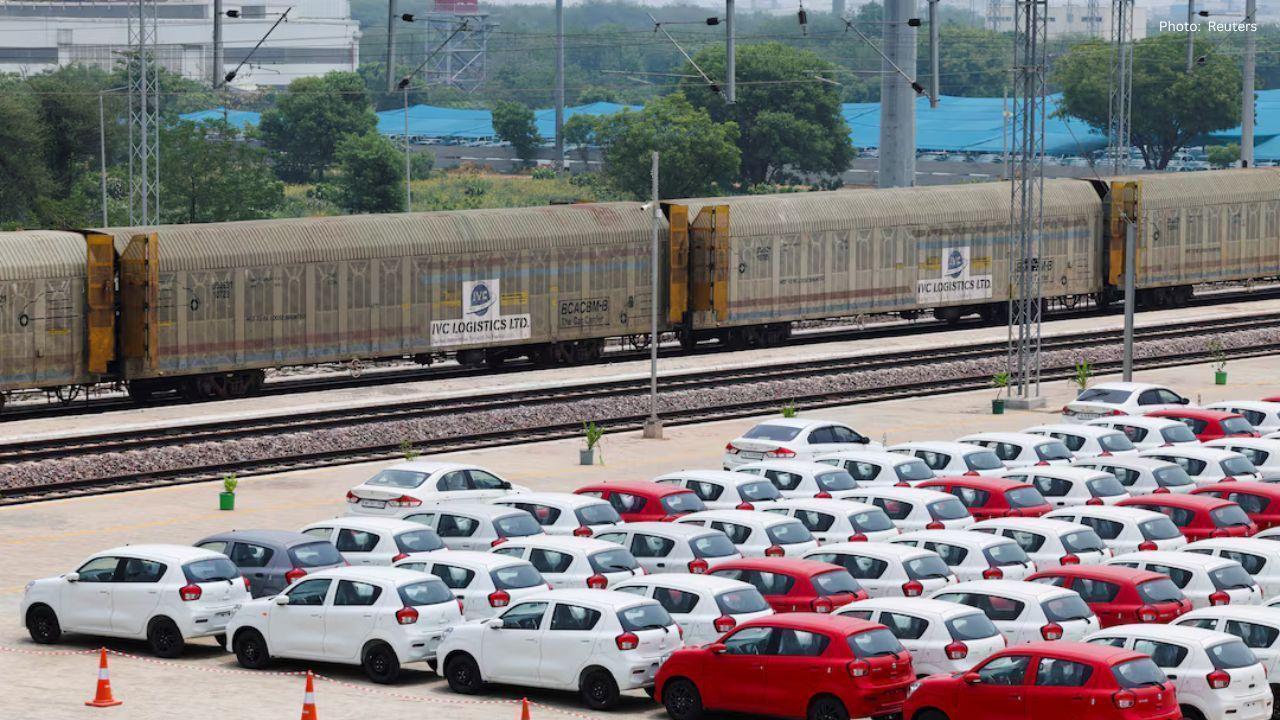

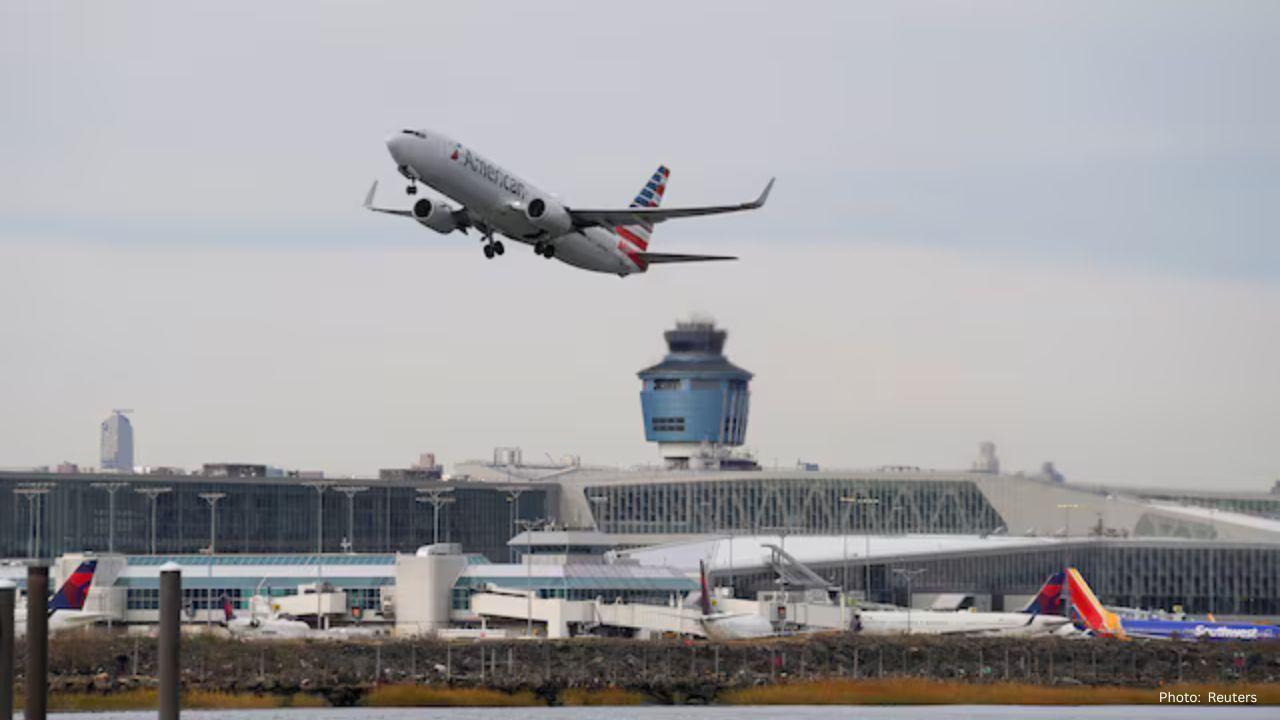

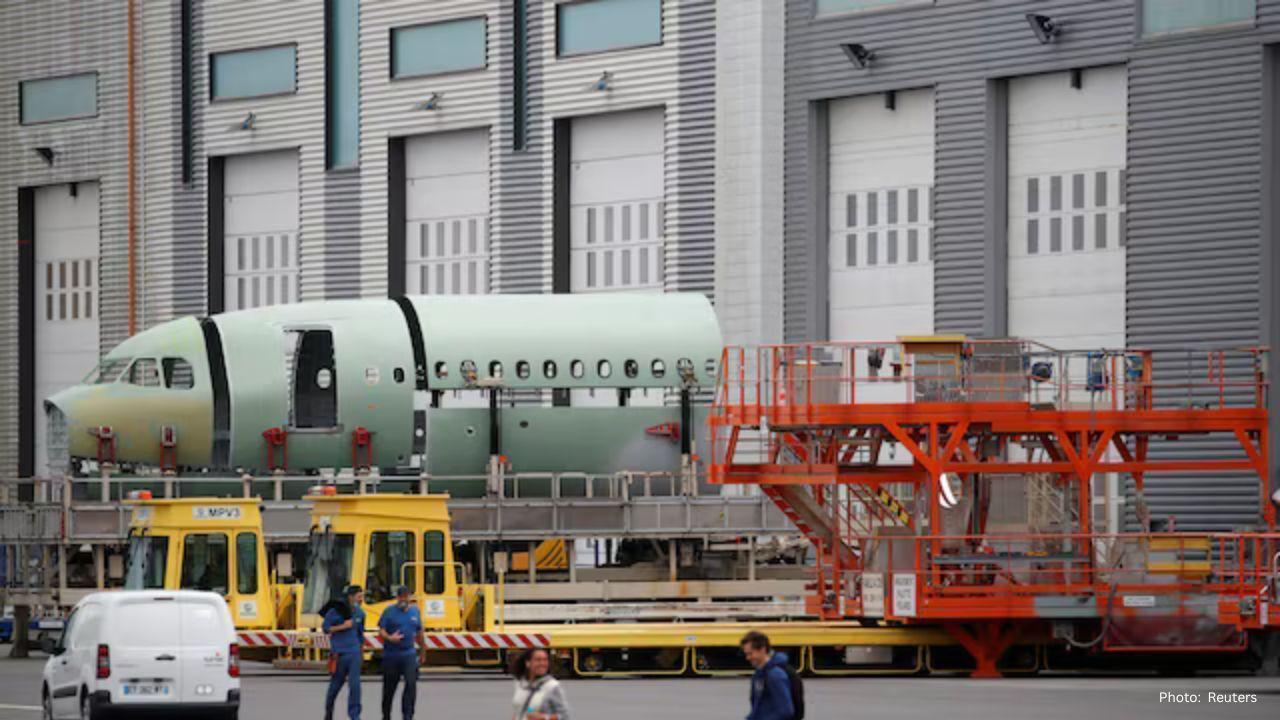
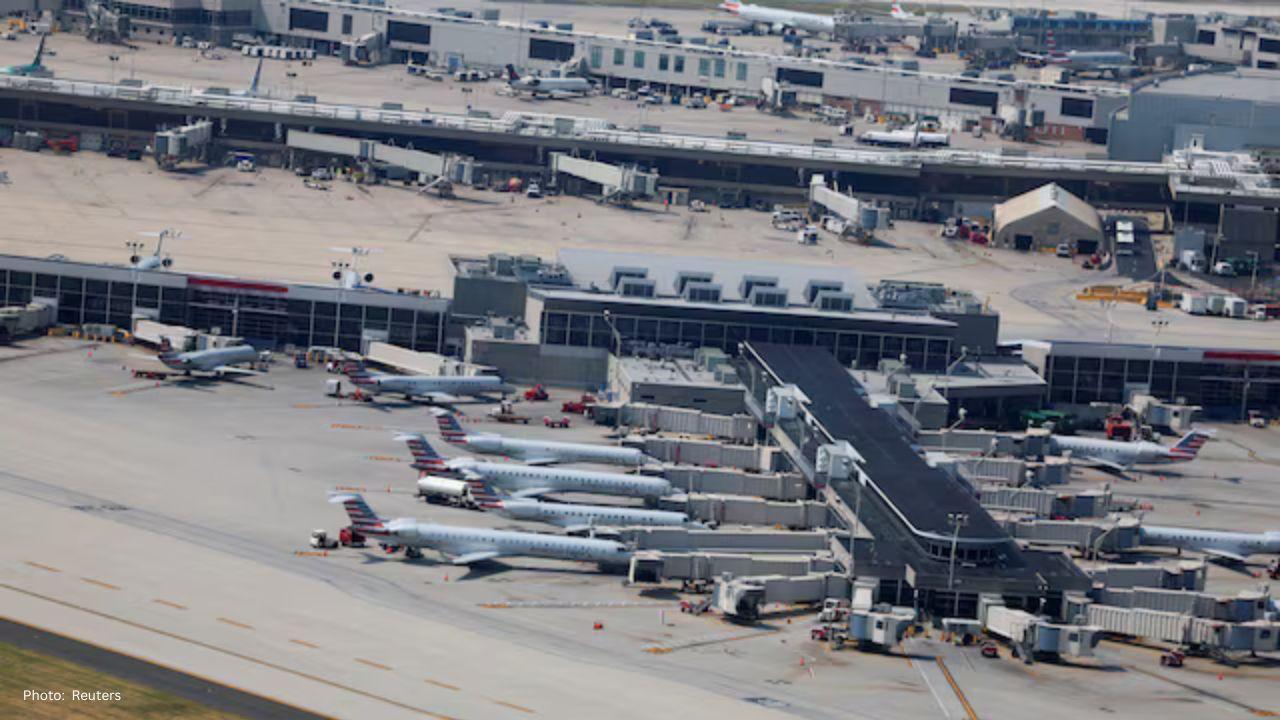


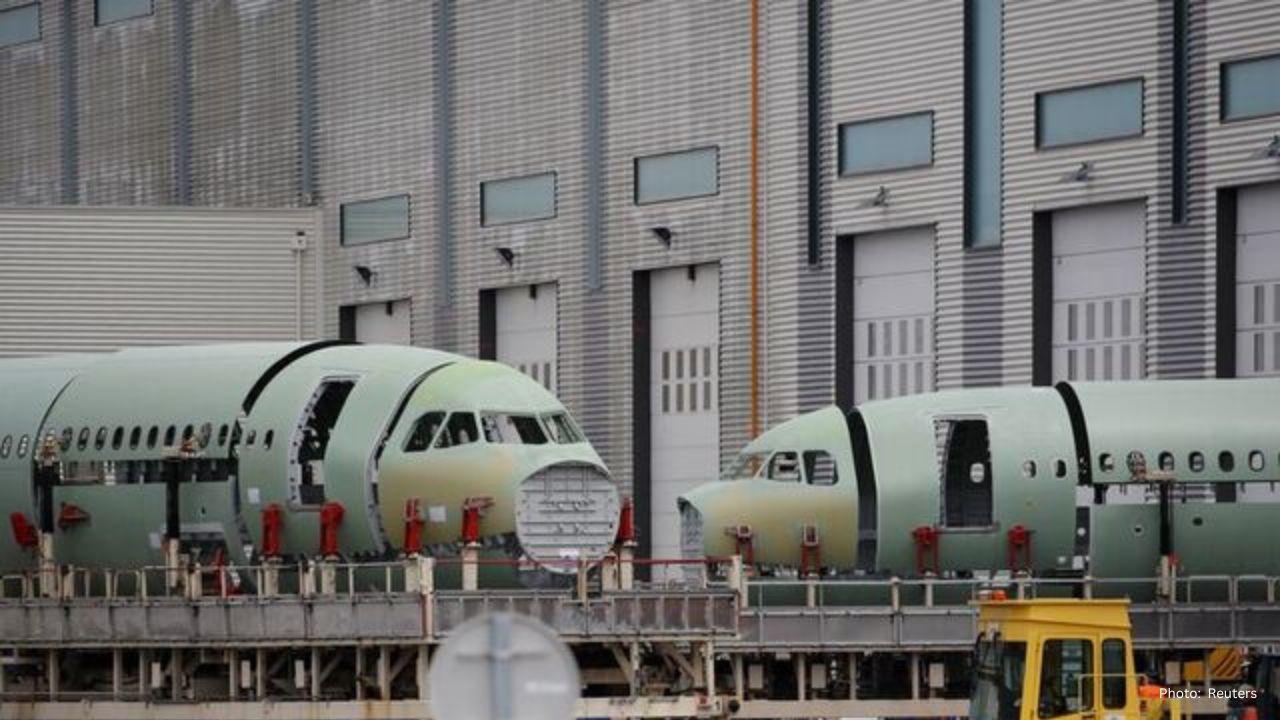

Advances in Aerospace Technology and Commercial Aviation Recovery
Insights into breakthrough aerospace technologies and commercial aviation’s recovery amid 2025 chall

Defense Modernization and Strategic Spending Trends
Explore key trends in global defense modernization and strategic military spending shaping 2025 secu

Tens of Thousands Protest in Serbia on Anniversary of Deadly Roof Collapse
Tens of thousands in Novi Sad mark a year since a deadly station roof collapse that killed 16, prote

Canada PM Carney Apologizes to Trump Over Controversial Reagan Anti-Tariff Ad
Canadian PM Mark Carney apologized to President Trump over an Ontario anti-tariff ad quoting Reagan,

The ad that stirred a hornets nest, and made Canadian PM Carney say sorry to Trump
Canadian PM Mark Carney apologizes to US President Trump after a tariff-related ad causes diplomatic

Bengaluru-Mumbai Superfast Train Approved After 30-Year Wait
Railways approves new superfast train connecting Bengaluru and Mumbai, ending a 30-year demand, easi